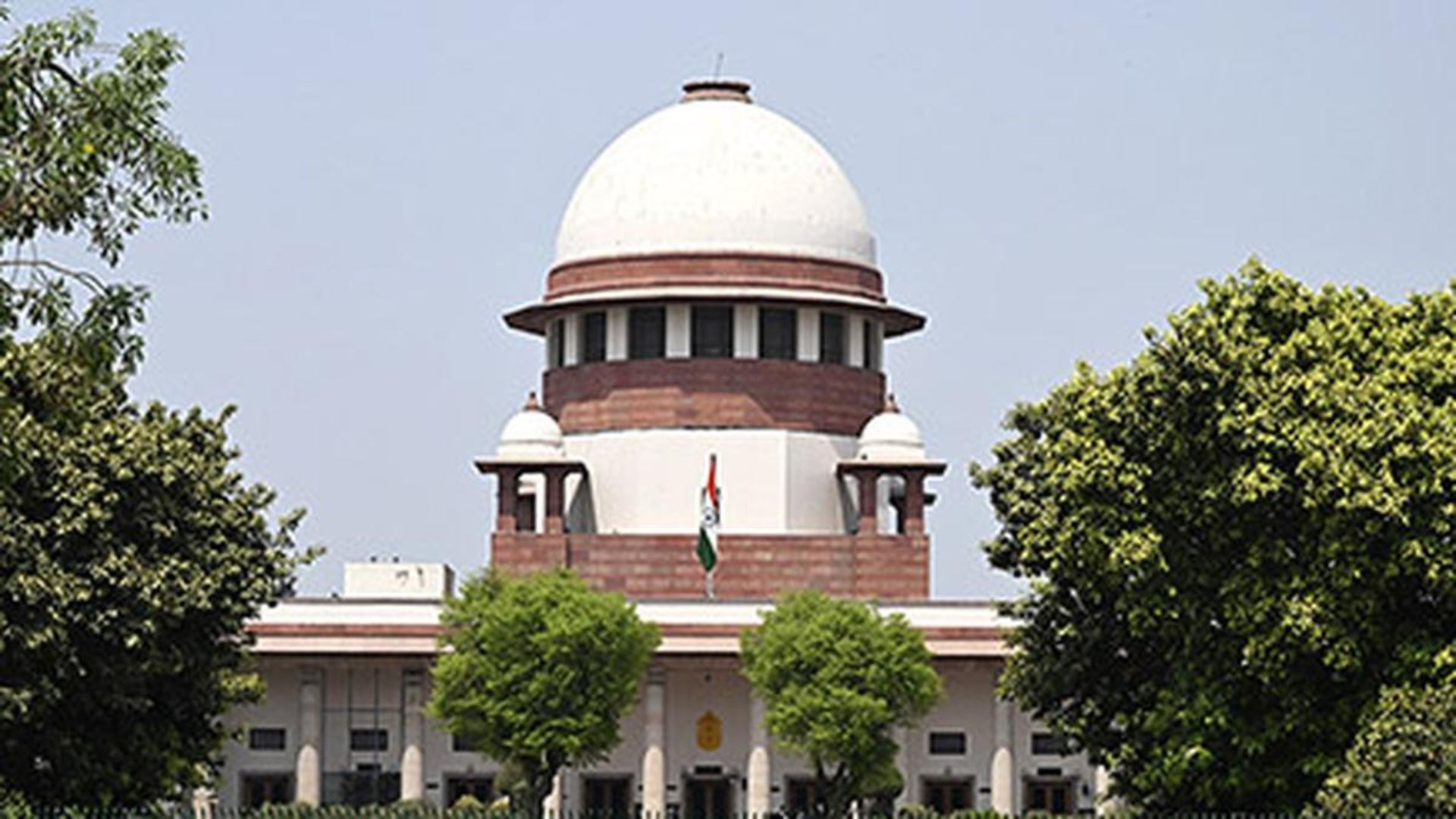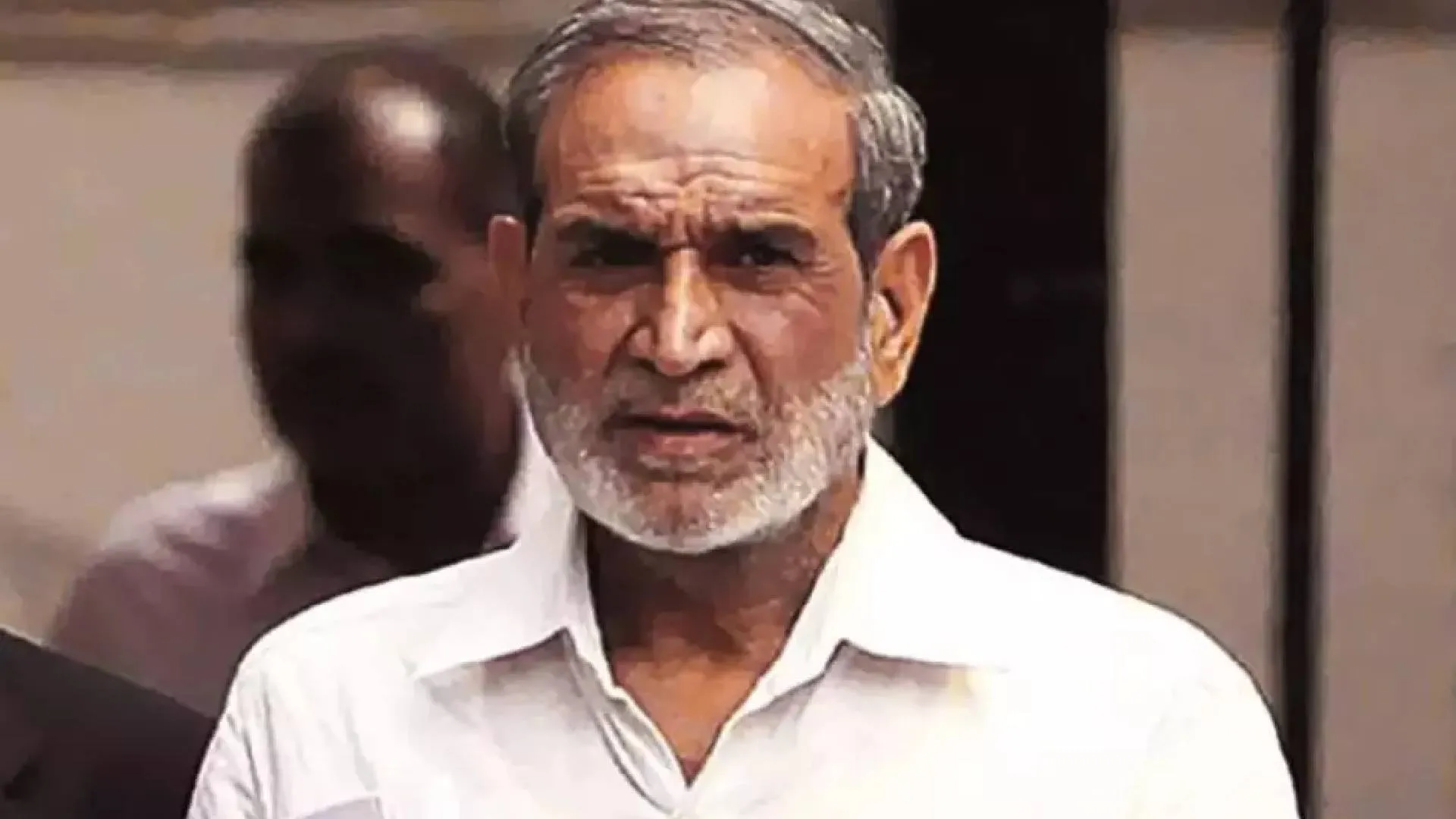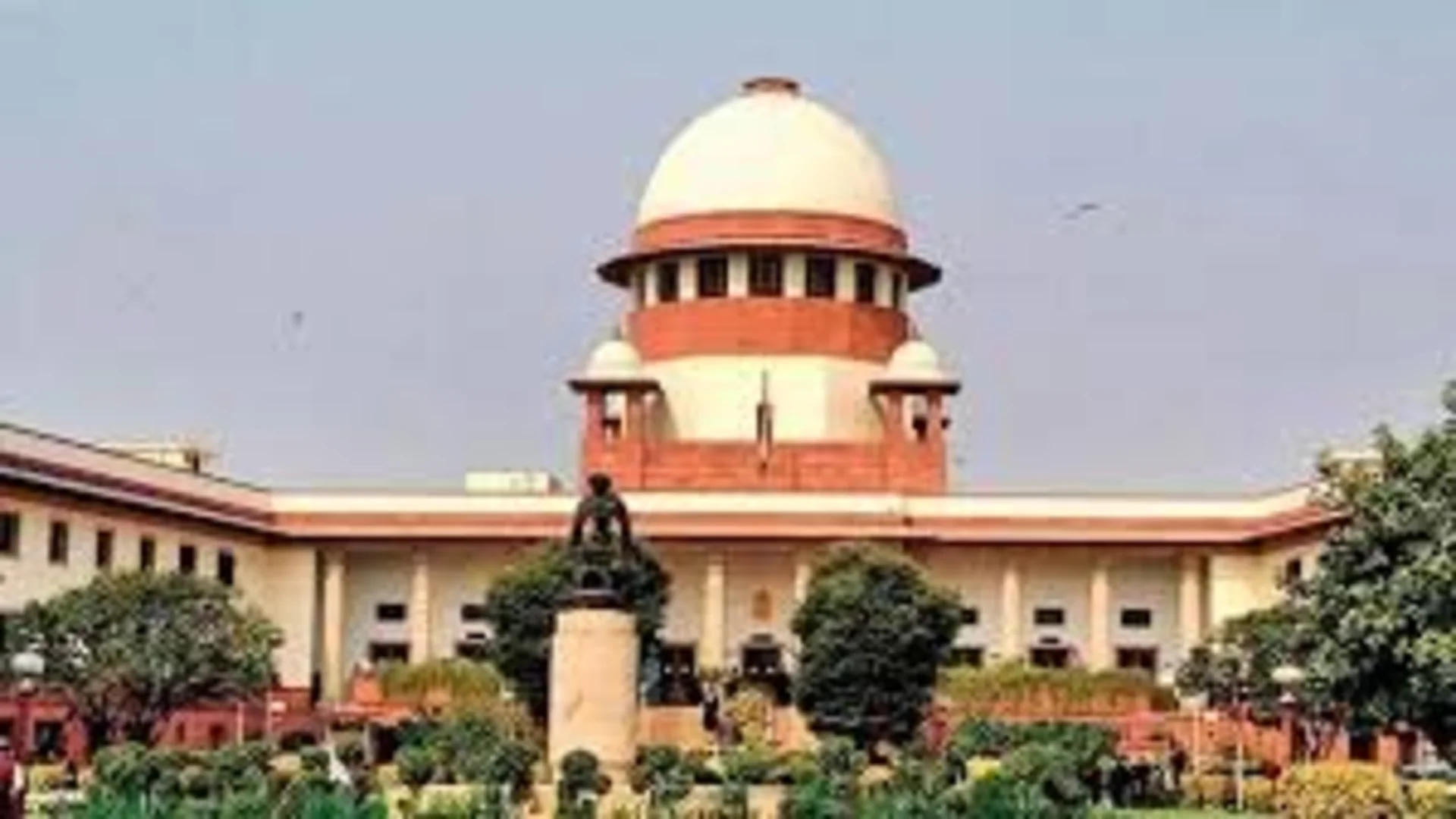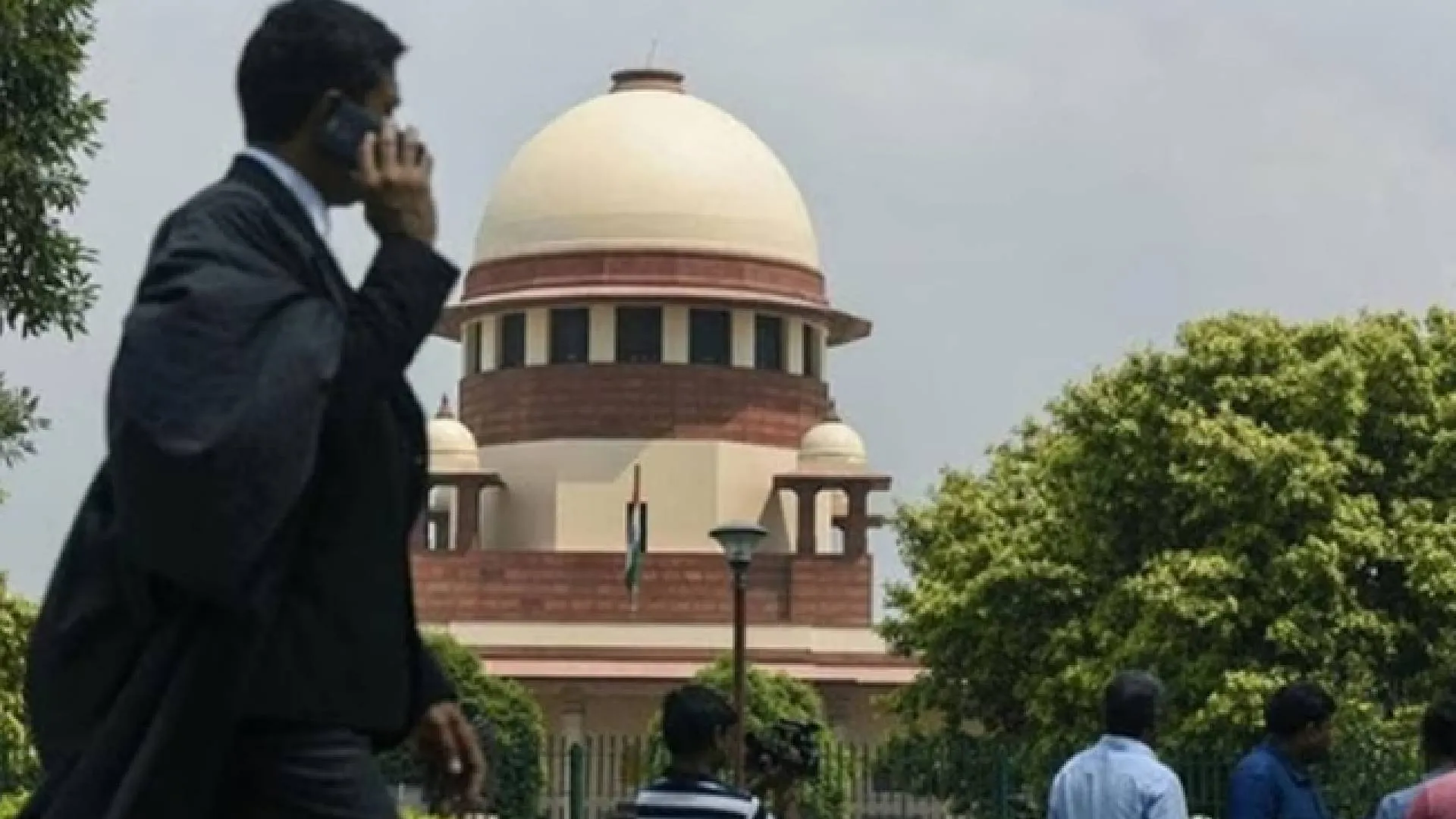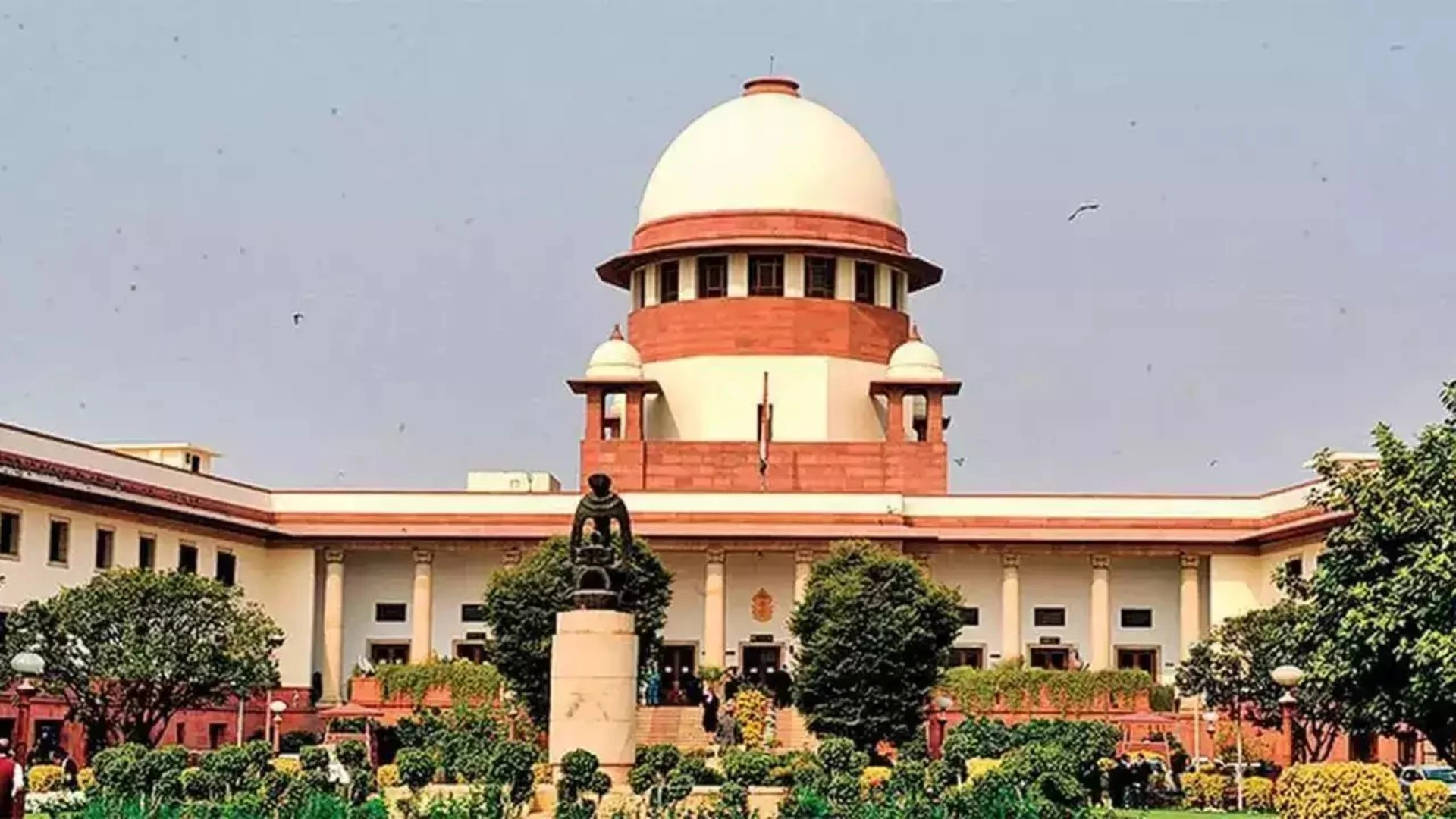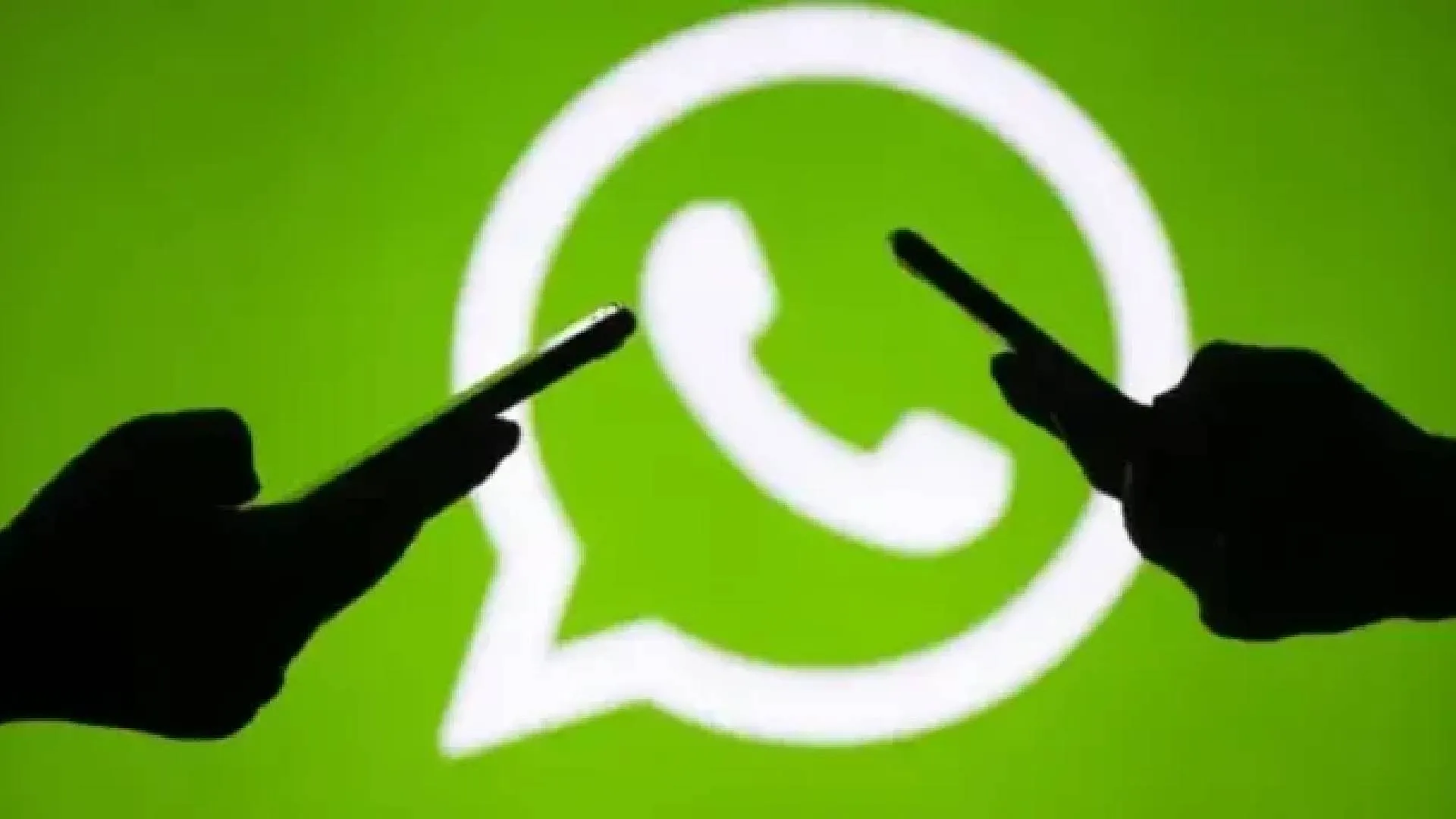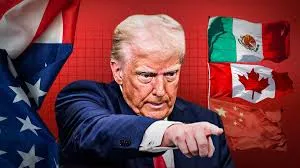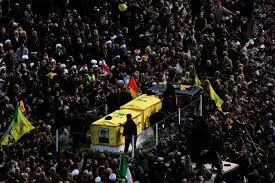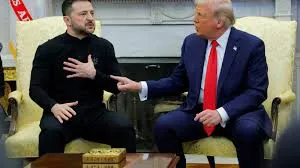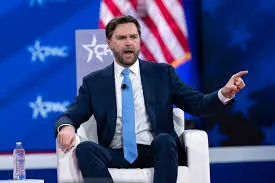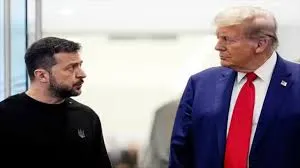In a significant development, the Supreme Court dismissed petitions seeking a Special Investigation Team (SIT) probe into alleged quid pro quo arrangements between corporates and political parties through Electoral Bonds donations.
The Court indicated that ordering an investigation monitored by a retired judge would be “premature” and “inappropriate” since the remedies available under the ordinary criminal law procedure had not been pursued.
Addressing individual grievances—claims of quid pro quo deals between political parties and corporate entities—the Court emphasized that these “will have to be pursued on basis of remedies available under the law,” including the possibility of action if authorities decline to investigate specific claims.
Supreme Court’s Remarks:
The Court noted that absent recourse to available legal remedies, it would be premature and inappropriate for the Court to interfere. Intervention must proceed after the failure of those remedies, and at this stage, the Court could not determine if these normal remedies would be ineffective.
The Court further observed that reliefs like reopening tax assessments fall under specific statutory jurisdictions conferred upon authorities under the Income Tax Act and other laws. Issuing such directions at this stage would amount to a conclusion on facts, which would be inappropriate.
The bench, comprising CJI DY Chandrachud and Justices JB Pardiwala and Manoj Misra, reviewed four petitions, including one jointly filed by NGOs Common Cause and the Centre for Public Interest Litigation (CPIL) and three others by Dr. Khem Singh Bhatti, Sudip Narayan Tamankar, and Jai Prakash Sharma.
The Court also rejected pleas to direct authorities to recover donations received by political parties through electoral bonds and to reopen their income tax assessments. It stated that these actions fall within the statutory functions of authorities under the Income Tax Act, and issuing such directions would imply a conclusive opinion on disputed facts, which is inappropriate at this stage.
In February, the Supreme Court struck down the Electoral Bonds Scheme, which allowed for anonymous funding to political parties, and ordered the SBI to stop issuing Electoral Bonds immediately.

